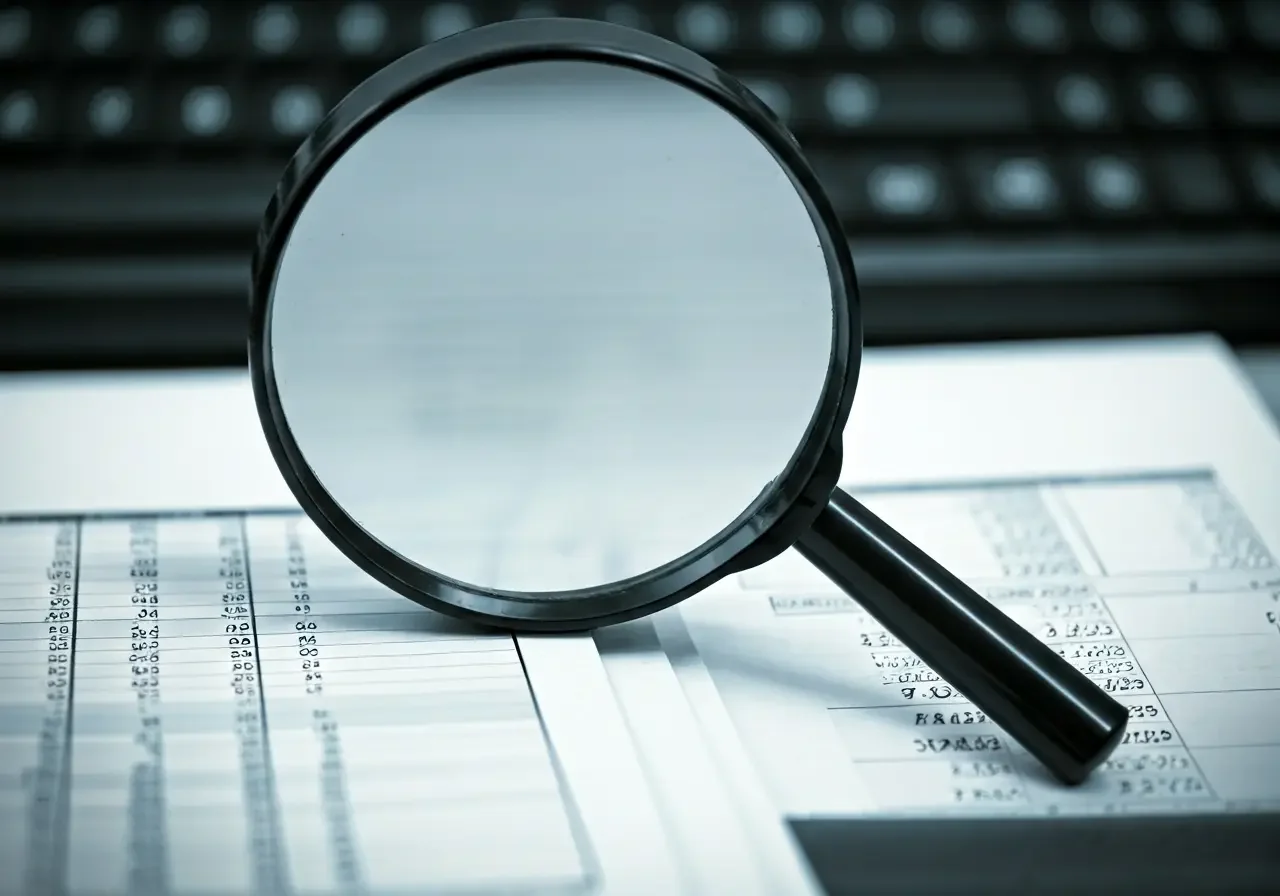What Does a Forensic Audit Involve?
In today's increasingly complex financial world, forensic audits play a crucial role in uncovering fraud and ensuring transparency. But what exactly does this process entail? In this FAQ, we'll break down the components of a forensic audit to help you understand what makes it so essential.
What is a Forensic Audit?
A forensic audit is an examination and evaluation of a firm's or individual's financial records to derive evidence that can be used in a court of law or legal proceeding.
These audits are meticulous and detail-oriented, ensuring that every aspect of the financial records is scrutinized. This process is crucial when there are suspicions of fraudulent activity, as it allows for evidence to be uncovered that might not be visible with a regular audit.
Forensic audits involve several stages, including identifying financial anomalies, tracing funds, and presenting findings in a clear manner that can withstand legal scrutiny. Such comprehensive analysis helps in detecting, preventing, and controlling any financial discrepancies.
The ultimate goal is to piece together how financial misconduct occurred, who was involved, and how it can be rectified and prevented in the future.
Why is a Forensic Audit Conducted?
Forensic audits are typically conducted to investigate suspected financial mismanagement, fraud, corruption, or embezzlement, often requested by regulatory bodies, legal teams, or management.
In today's business environment, where financial crimes are becoming increasingly sophisticated, forensic audits are vital. Companies may not only face financial losses but also severe reputational damage which can be mitigated by a timely audit.
A forensic audit provides clarity and detailed insights that can help prosecutorial efforts when evidence needs to be presented in court. Additionally, businesses use these audits for internal reviews of financial controls to avoid future instances of misconduct.
Key Steps in a Forensic Audit
The process usually involves planning the investigation, gathering evidence, preparing the report, and testifying in court if necessary. Each step is crucial for ensuring accurate and defensible findings.
Planning is the foundational step where the scope of the audit, objectives, and methodologies are defined. This stage sets the tone for a targeted and efficient investigation.
Gathering evidence entails collecting relevant financial documents, conducting interviews, and employing forensic tools to detect anomalies. The use of technology in this phase is critical as it can reveal data patterns and discrepancies that might remain unnoticed otherwise.
The report preparation phase synthesizes the findings into a coherent document that articulates the methods used, the analysis conducted, and the conclusions drawn.
Finally, testifying in court involves presenting findings clearly and concisely, often aiding legal teams in linking the evidence collected to applicable laws and regulations.
Who Conducts a Forensic Audit?
Forensic audits are performed by forensic accountants who specialize in investigating white-collar crimes and are trained to handle complex financial evidence and analysis.
These professionals possess a unique mix of skills; they are adept at accounting principles as well as investigative procedures, making them well-equipped to tackle intricate financial investigations.
The role of a forensic accountant extends beyond just tracking numbers—they must also demonstrate proficiency in computer forensics and data analysis to create a detailed financial crime narrative.
How Does a Forensic Audit Differ from a Regular Audit?
Unlike regular audits, which are designed to ensure the accuracy of financial statements, forensic audits focus on uncovering criminal activity and gathering evidence for legal proceedings.
Regular audits typically focus on compliance with accounting standards and assessing the financial health of an organization, while forensic audits delve deeper into the internal controls and fraud detection mechanisms.
Through forensic audits, organizations gain actionable insights into areas of vulnerability, paving the way for stronger financial governance and risk management. This distinction highlights the significance of forensic audits in safeguarding organizational integrity and promoting transparency.
Understanding the Impact of Forensic Audits
Forensic audits are a powerful tool in the fight against financial misconduct. By understanding each step of the process, individuals and businesses can better appreciate the role these audits play in maintaining financial integrity. Whether you're considering a forensic audit for your organization or just curious about the process, knowing the key components can provide valuable insights into effective financial oversight.

